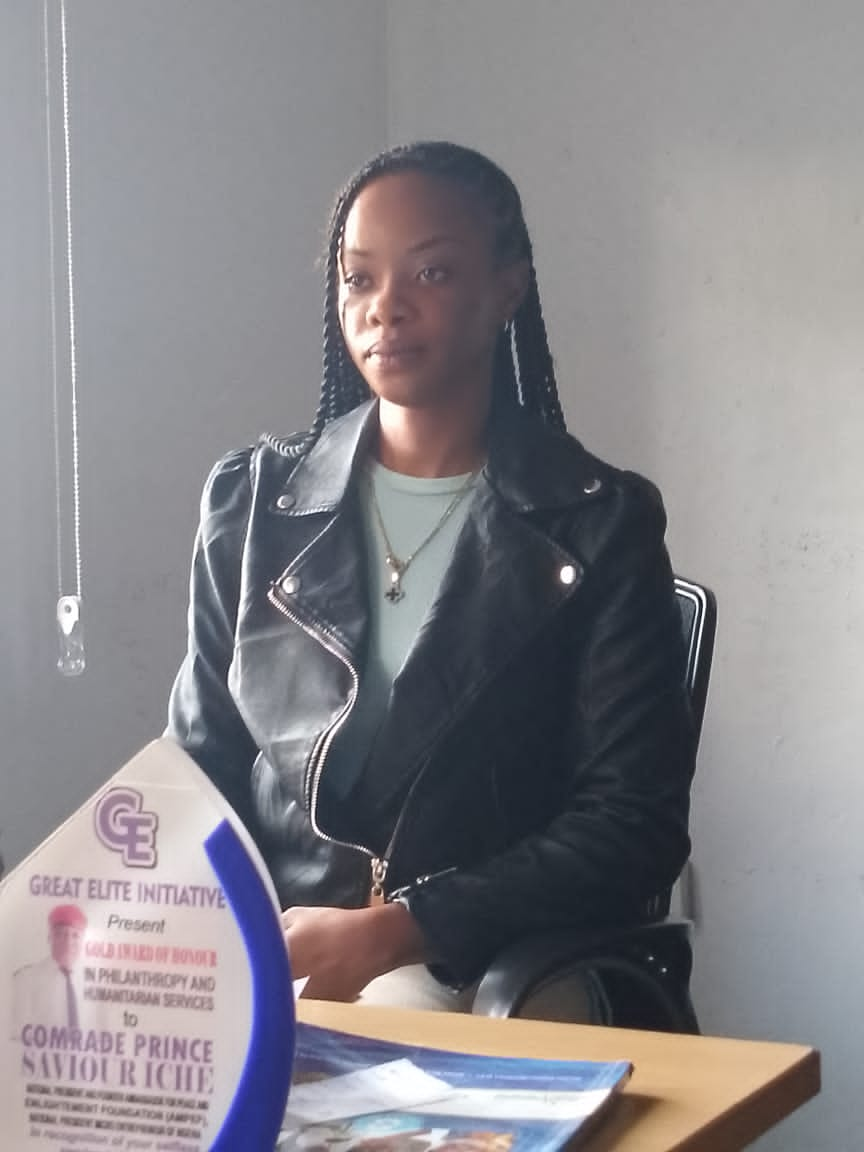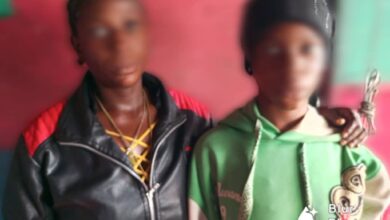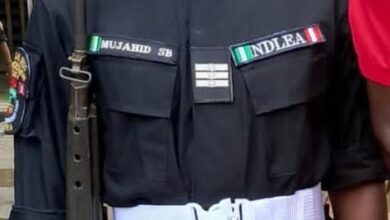NGO recount challenges faced by survivors of GBV, urges FG support

NGO recount challenges faced by survivors of GBV, urges FG support
By Onome Naomi

The founder of “Saving Lives and Humanity Services,” Mary Iwuchikwu, also known as Adagold, describes the difficulties and achievements her organization has had in addressing cases of gender-based violence against women over the years. She calls on the federal ministry of women’s affairs and social development, led by Imaan Sulaiman-Ibrahim; the state commissioner for women’s affairs and poverty alleviation, Hon. Cecelia Bolaji Dada; and the first lady of Lagos State, Mrs. Ibijoke Sanwo-olu, to assist NGOs in combating this alarming social issue.
Saving Lives and Humanity Services takes care of women and the dependent population, who are the main sufferers of domestic violence, particularly perpetrated by the male gender (the husband). A survey shows that many women remain in abusive marriages for reasons of economic factors, which border on financial incapability to fend for themselves.
Mary Iwuchikwu noted that, in the course of her calling to empower women, there have been countless stories of economic abuse experienced by survivors (women) as orchestrated by their abusers (the husband) when there are minor resolvable quarrels in the home. She said economic abuse such as starvation arises and can extend to the children when the woman is not financially enhanced enough to call a bluff to the abusers’ resolute.
Using herself as a typical example, some abusers may starve both mother and child when there is a problem in the household. In essence, Mary said that her NGO has accomplished several successes in its efforts to free destitute women from the grip of ongoing abuse by providing them with startup funds to guarantee their independence; as a result, she is pleading with the government to assist her in achieving more sustainable outcomes.
Mary mentioned that her inspiring story of how she survived an abusive marriage is a clarion call to teach more women how to build financial independence and walk away from abusive marriages, especially when they pose a threat to life. It says there also are stories of women as the provider in the home while the husband does nothing to sustain the family but will rather leave responsibilities of catering to the wife, who ends up feeling overwhelmed and helpless (an emotional abuse).
Additionally, Mary suggested that women should be taught to recognize warning signs before entering into a relationship or marriage with their spouse; the eradication of domestic violence should be attacked from its root source, which can be identified during courtship; and self-worth must be prioritized. Citing an example, she said, “Some women see being beaten as a normal expression from a man when he is aggrieved or irritated; some others will even make statements such as, ‘I prefer beating to all the insults he rained on me.’
In conclusion, Mary emphasized that it is high time the government stepped in by empowering NGOs to support women in domestic violence challenges due to financial inability, establishing and implementing laws against perpetrators to cushion the increasing issues of domestic violence, and making a widespread campaign on prioritizing self-worth as a woman.




